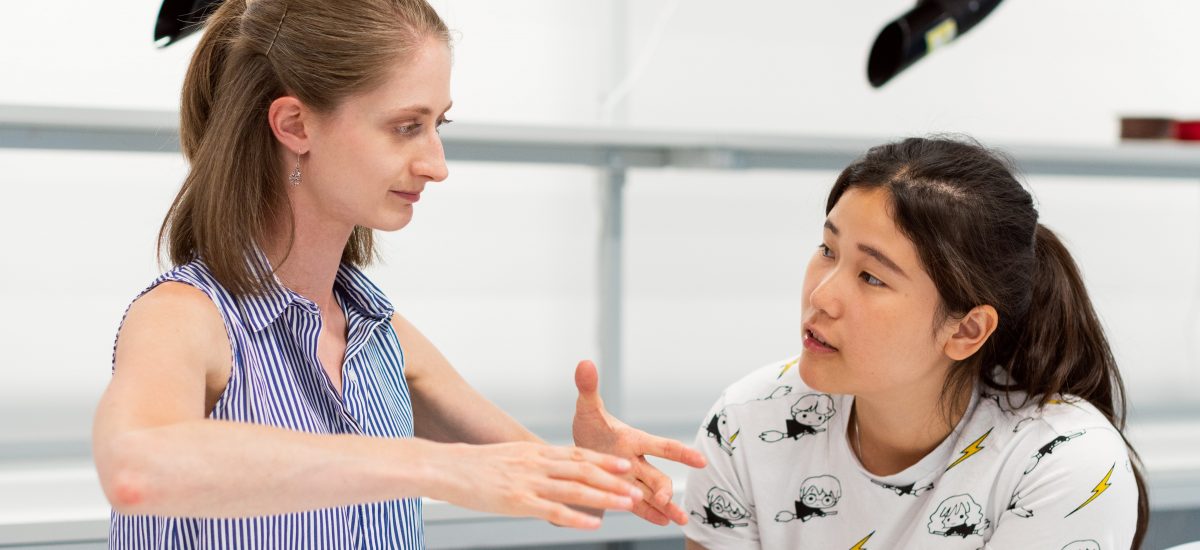
Additional four Research pairs and three Research pairs consolidator projects
The funding instrument Digital Futures Research pairs is intended to foster collaboration between two young researchers who obtained their doctoral degrees, not more than ten years ago. The instrument aims to identify new research collaborations that can develop into a leading scientific activity over the next few years. It is a vehicle for supporting and promoting young scholars with the potential to become future digital leaders.
Digital Futures now announces four new Research pairs and Research pairs consolidator projects spanning a wide range of topics – cardiac support devices, predicting transient indoor airflow, human mobility behaviour analysis and artificial agents with psychological suffering.
The Research pairs projects are:
- Artificial Actors: Directable digital humans based on psychological models of relational reasoning – create artificial agents with psychological suffering to open up applications such as therapist training, innovative treatments, and possibilities for basic research in clinical psychology.
Co-PI: Simon Alexanderson (KTH EECS) and Co-PI: Robert Johansson (Stockholm University) - cAIMBER: Causal Artificial Intelligence for Human Mobility Behavior Analysis Using Trajectory Data – targets the root cause of traffic (human) and novel analytic techniques to learn and predict human mobility behaviour dynamics from pervasive mobile sensing data. This can help cities meet sustainability challenges (through predicting congestion, emissions, and energy consumption) and improve urban resilience to disruptive events (such as infrastructure failures, natural disasters, or pandemics).
Co-PI: Zhenliang Ma (KTH ABE) and Co-PI: Liam Solus (KTH SCI) - Data-driven cardiovascular assist devices – enable data-driven evaluation of novel cardiac support devices to allow a rich and healthy life for patients with cardiovascular disease.
Co-PI: Seraina Anne Dual (KTH CBH) and Co-PI: Stefan Bauer (KTH EECS) - Faster-than-real-time and high-resolution simulation of fluid flow in engineering applications: indoor climate as a pilot – development of fast numerical and inexpensive experimental approaches for obtaining feasible low-resolution flow data as input for super-resolution and further development of super-resolution for predicting transient indoor airflow where extrapolation of the flow fields involved.
Co-PI: Wei Liu (KTH ABE) and Co-PI: Ricardo Vinuesa (KTH SCI)
The Research pairs consolidator projects are:
- Emergence 2.0: Securing Edge Networks with a Programmable Intelligent Architecture – a radically new approach to packet processing that opens the door to next-generation real-time, reliable and secure services at edge networks.
Co-PI: Marco Chiesa (KTH EECS) and Co-PI: Nicolas Tsiftes (RISE) - Layering Trust in Intimate Digital Health Technologies: Learning from Challenging Experiences – a holistic understanding of trust in intimate digital health within the current shifting landscape for reproductive rights worldwide.
Co-PI: Airi Lampinen (Stockholm University) and Co-PI: Madeline Balaam (KTH EECS) - PORTALS: Teleporting smart edge services to a serverless future – addresses an urgent need for built-in, end-to-end trust and flexibility in how we compose smart digital services.
Co-PI: Philipp Haller (KTH EECS) and Co-PI: Paris Carbone (RISE)
There are now eighteen Research pairs in total – read about the Research pairs’ projects, the background and people here.


